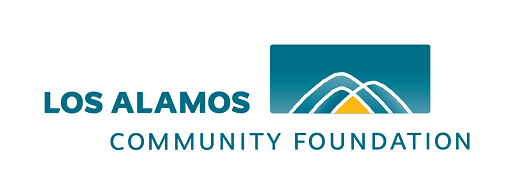The rapid spread of COVID-19 has created a global health and economic crisis that is testing every one of us. We know that the shocks of this “new normal” are severe and unanticipated for our nonprofit sector and grantee partners.
Through the Council on Foundations, the Los Alamos Community Foundation has joined with hundreds of leaders in philanthropy, to recognize the critical need to act with fierce urgency to support our nonprofit partners as well as the people and communities hit hardest by the impacts of COVID-19.
OUR PLEDGE
Over the days, weeks, and months ahead, each of our foundations pledges to:
- Loosen or eliminate the restrictions on current grants. This can include: converting project-based grants to unrestricted support; accelerating payment schedules; and not holding grantees responsible if conferences, events, and other project deliverables must be postponed or canceled.
- Make new grants as unrestricted as possible, so nonprofit partners have maximum flexibility to respond to this crisis. We will also support organizations created and led by the communities most affected that we may not fund currently.
- Reduce what we ask of our nonprofit partners, postponing reporting requirements, site visits, and other demands on their time during this challenging period.
- Contribute to community-based emergency response funds and other efforts to address the health and economic impact on those most affected by this pandemic.
- Communicate proactively and regularly about our decision-making and response to provide helpful information while not asking more of grantee partners.
- Commit to listening to our partners and especially to those communities least heard, lifting up their voices and experiences to inform public discourse and our own decision-making so we can act on their feedback. We recognize that the best solutions to the manifold crises caused by COVID-19 are not found within foundations.
- Support, as appropriate, grantee partners advocating for important public policy changes to fight the pandemic and deliver an equitable and just emergency response for all. This may include its economic impact on workers, such as expanded paid sick leave; increasing civic participation; access to affordable health care; and expanded income and rental assistance. It should also include lending our voices to calls to action led by grantee partners, at their direction and request.
- Learn from these emergency practices and share what they teach us about effective partnership and philanthropic support, so we may consider adjusting our practices more fundamentally in the future, in more stable times, based on all we learn.
